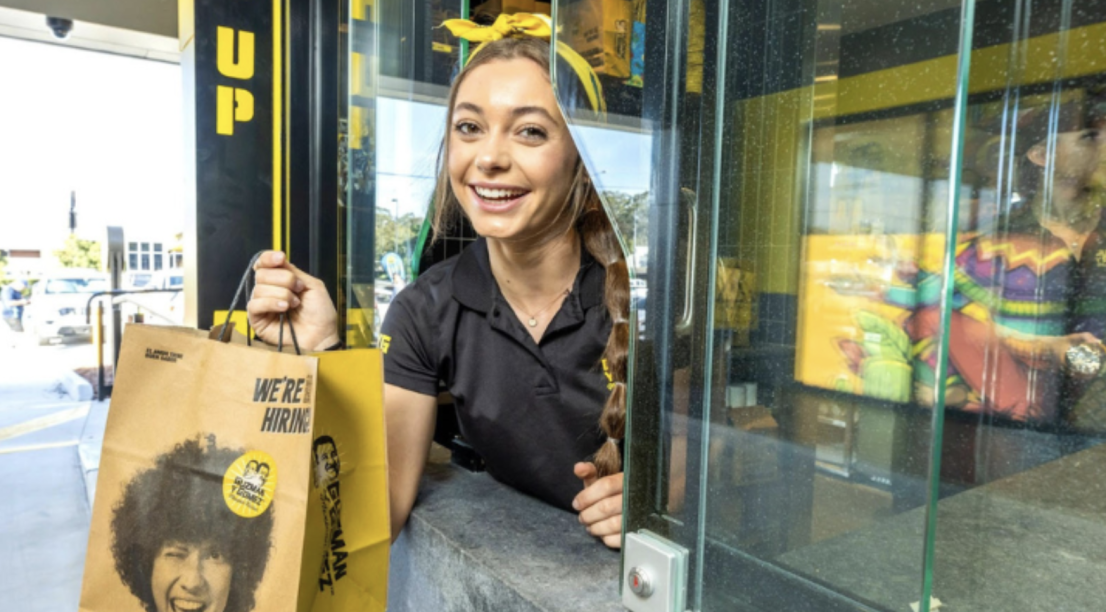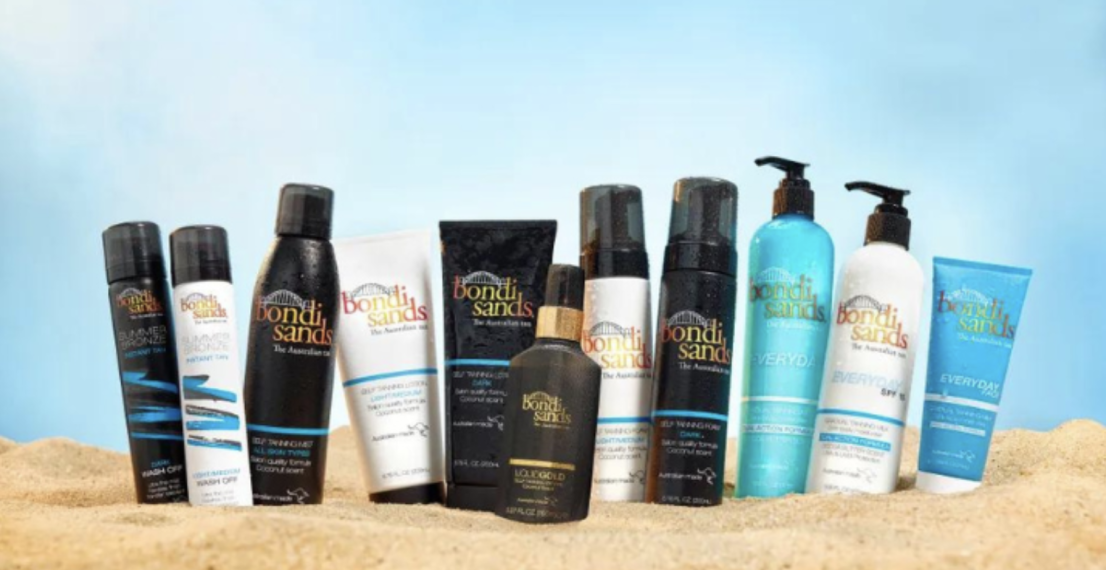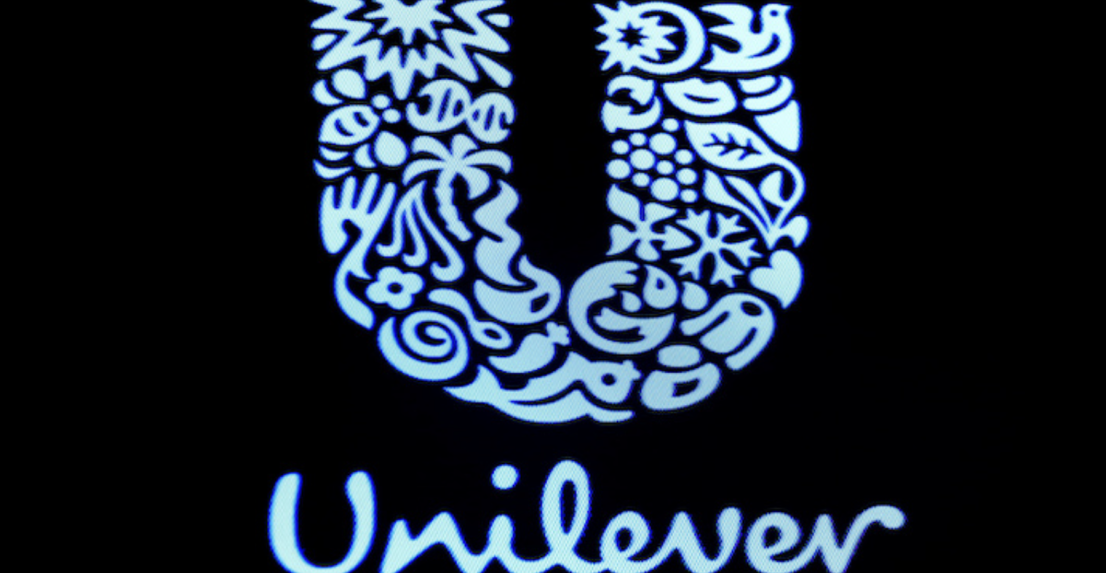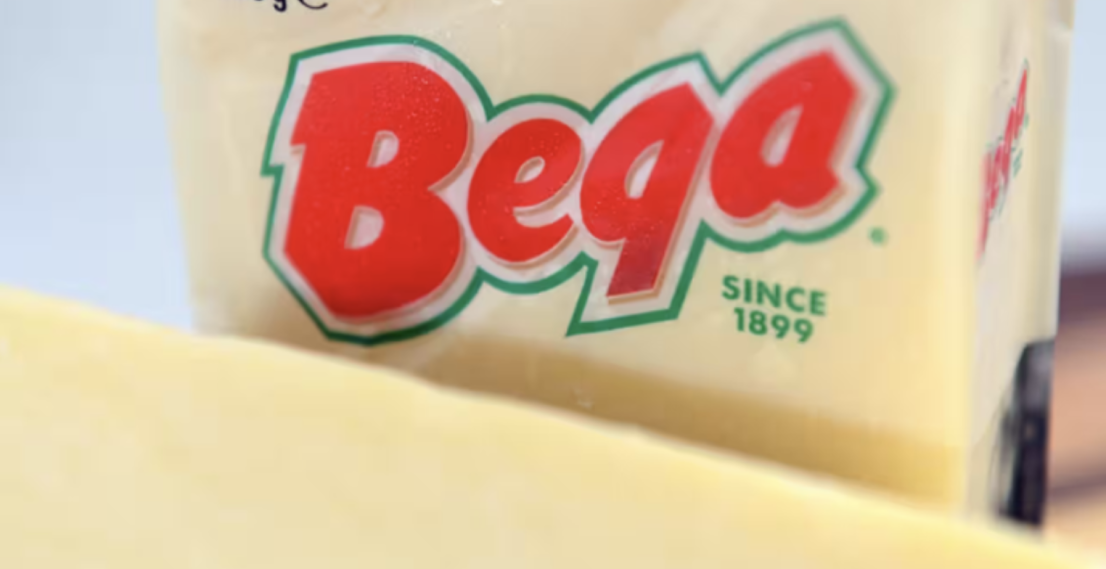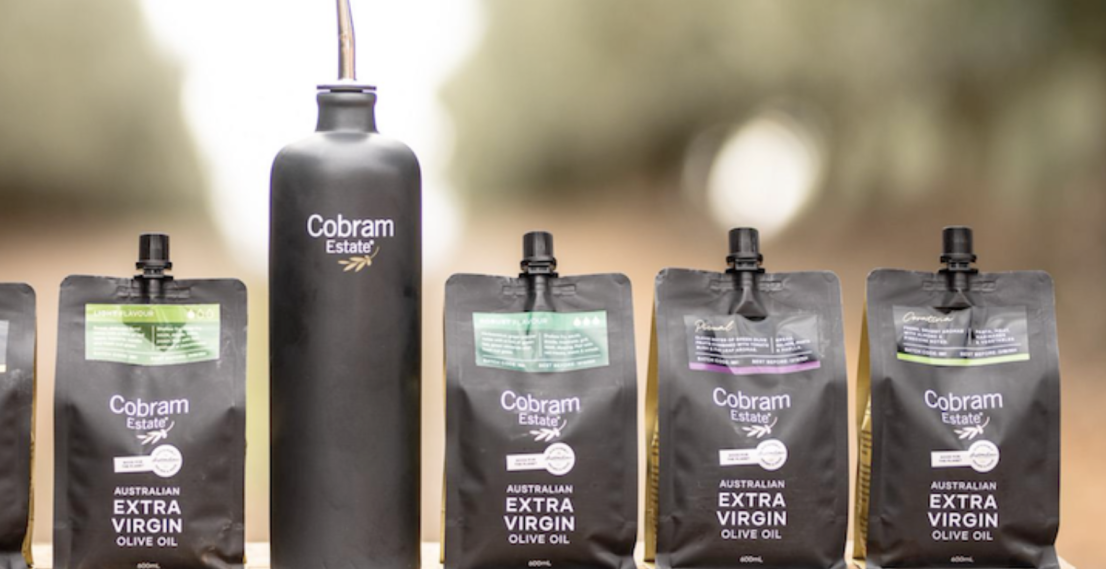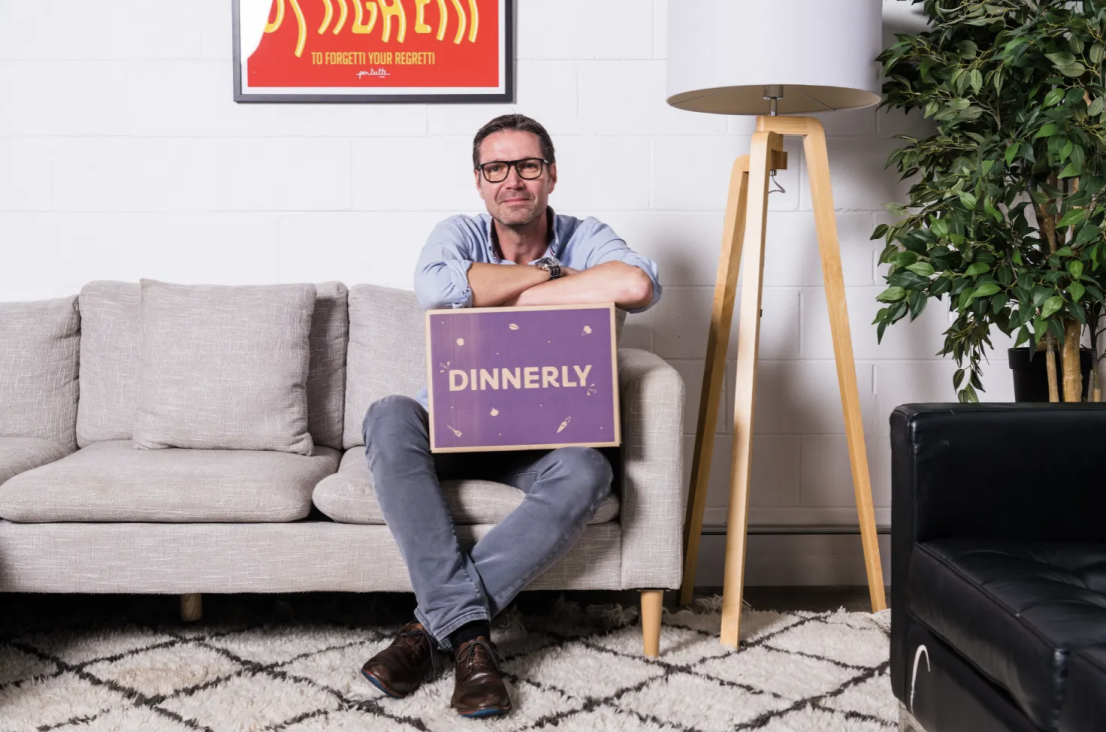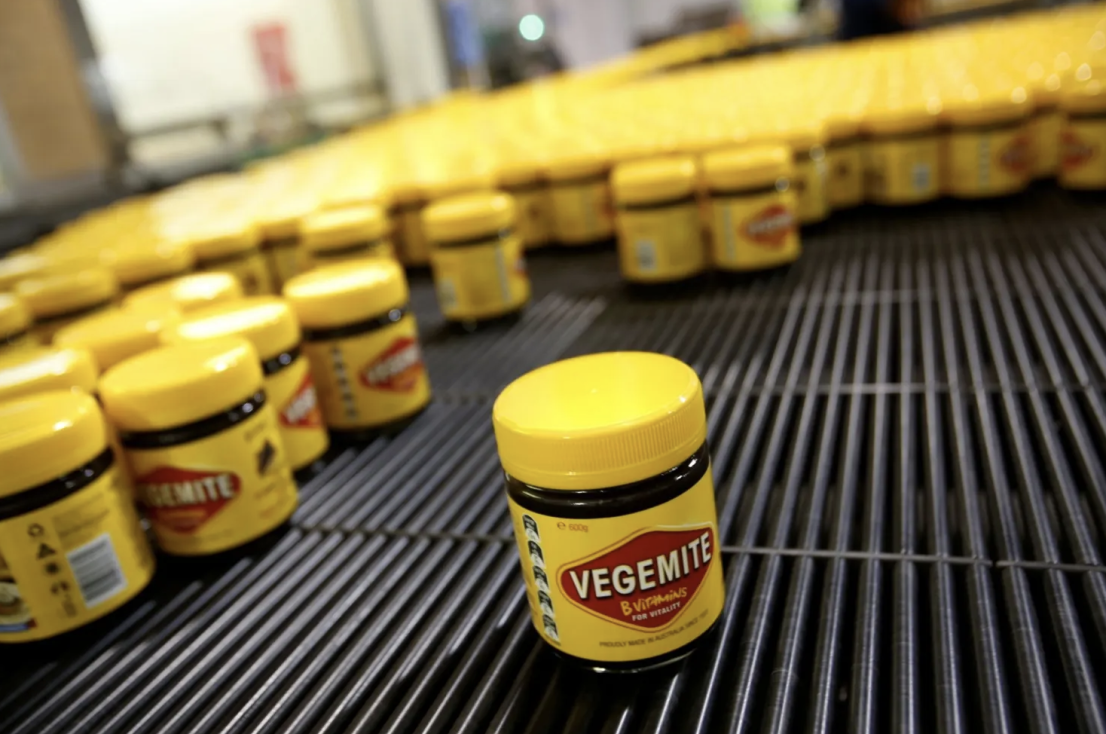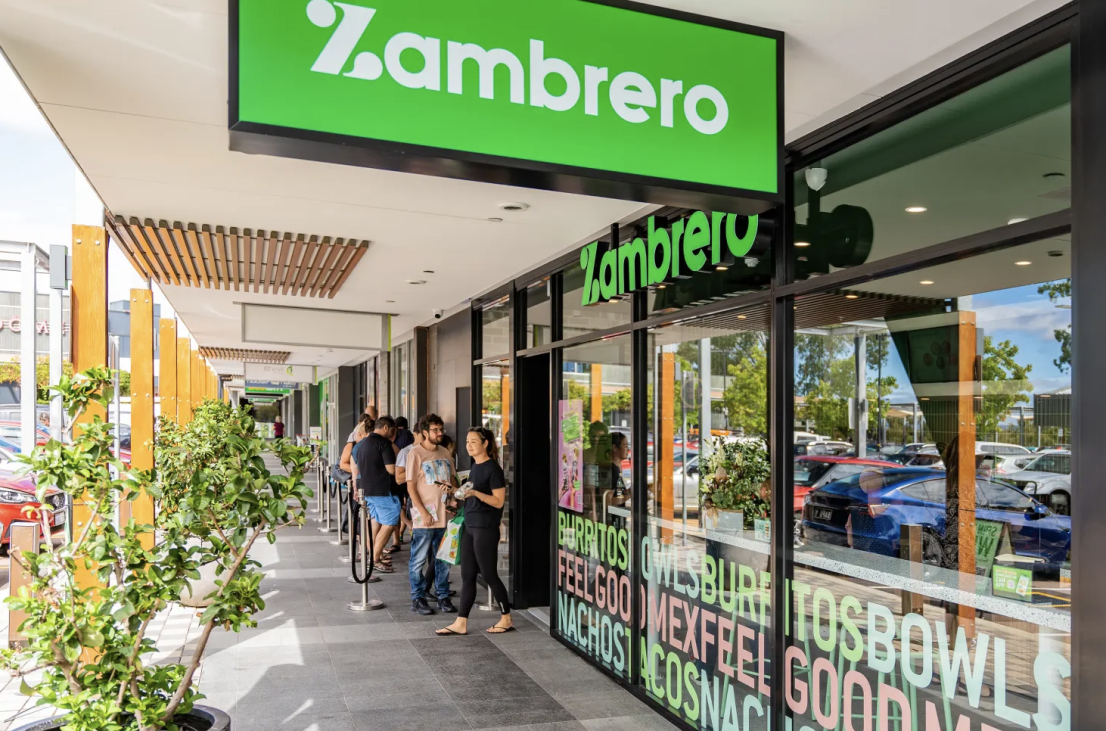
The head office of Zambrero is situated in the buzzy precinct of Circular Quay, overlooking Sydney’s Harbour Bridge.
But Matthew Kenny, chief executive of Australia’s largest Mexican food chain, has his sights set further afield: on Ireland, Britain and the United States, as he oversees the franchise’s international expansion.
“Truly becoming a global brand is probably the thing that I’m excited about most,” Kenny said in his first major interview as CEO. “Even in uncertain times, what many would describe as difficult economic conditions, we still have an appetite for growth.”
Zambrero was founded in 2005 by serial entrepreneur and philanthropist Dr Sam Prince as a medical student with $16,000 in savings. He went on to start other businesses including not-for-profit One Disease (which successfully eliminated crusted scabies in the Northern Territory); Next Practice (to create a new model of GP medical centres); Shine+ (a natural energy drink); and other hospitality ventures Mejico and INDU.
Kenny, a former banking and finance lawyer, joined the business in 2018 as general counsel and chief operating officer across Prince’s entire group but found he was spending most of his time on Zambrero. He stepped into the chief executive role in 2020, at the beginning of the pandemic.
Although Kenny is at the helm, founder Prince remains very involved in the business; the Mexican food chain’s overall strategic vision and direction is set by Prince and then executed by Kenny. New Zambrero products don’t get sign-off without the approval of Prince, whose philanthropic focus remains at the core of the business: for every burrito or bowl Zambrero sells, it donates a meal. In early August, the chain celebrated a key milestone of 70 million donated meals.
On top of its 220-odd Australian restaurants, it has 20 in Ireland, seven in Britain and one in the US, with plans to eventually launch in mainland Europe. The British and Irish market will remain a key priority this financial year.
Towards the end of last year, Skip Capital (co-founded by Atlassian’s Scott Farquhar and his wife, Kim Jackson, an asset manager) and London-based Metric Capital Partners invested $250 million into the business, in a deal that valued Zambrero at roughly a billion dollars. Prince retains a majority shareholding of more than 70 per cent.
Homegrown
Closer to home, its aspirations are no less ambitious: Zambrero has plans to open about one restaurant a week, with a goal of reaching 400 in Australia. To court customers, it is eyeing real estate in Australia’s biggest cities in populous areas such as Sydney’s northern beaches.
But it faces a fierce rival in Guzman y Gomez, which not only has a strong brand and loyal customer base but is not shy about its own ambitions to expand rapidly, float on the ASX soon and conquer the US market. Meanwhile, smaller competitor Mad Mex, which has about 70 stores, has recently installed a new chief executive with a “ruthless focus on operational efficiency”.
Kenny claims they’re not paying too much attention to their competitors. “We’re really focused on ourselves,” he said. Part of the solution, the chief executive believes, is simply to build out. “Presence is important,” Kenny added, pointing out that the overall popularity of Mexican food has increased in the past two decades.
“The reason [Sydney and Melbourne] are so important to us and such big growth opportunities is because as soon as we put restaurants there to make it available to customers, it’s our job to attract those customers into becoming frequent users.
“Yes, people are loyal to certain brands, and it’s our job to try to attract them from those brands.”
Zambrero will also be fighting other food outlets and restaurants for hospitality workers. Kenny highlighted staffing as the Mexican food chain’s biggest challenge, not just in Australia but around the world, but said there were signs that the worker shortage was beginning to ease as Australia received the largest influx of migrants in history.
“We’re currently opening a restaurant a week across the world, which is quite frantic when you think about it. Ensuring that we have enough staff and the right staff to maintain that growth is the most important thing,” he said.
”I think everyone’s experienced challenges. Now we’re starting to see that soften. But still, I think it’s important to ensure that we continue to strive to be an employer of choice.”
Despite cost of living pressures on household budgets, which at Guzman y Gomez has led to a decline in order values as customers flock to cheaper offerings, Kenny said the business had not seen a significant drop in sales, which he described as “steady”. He declined to provide sales or revenue figures.
“People talk about fast food and [quick-service restaurants] as being kind of counter-cyclical in a downturn market ... recession-resistant. My view is that whilst that might have been happening in the past, we don’t know if that’s actually going to proceed to the future. So to me, I am cautiously optimistic about our business,” Kenny said.
“Customers are more picky with their choices. They have less tolerance for poor product or service. For us, if we ensure we deliver a great product all the time, that experience will hopefully lead us in good stead to take advantage of the market going forward.”
